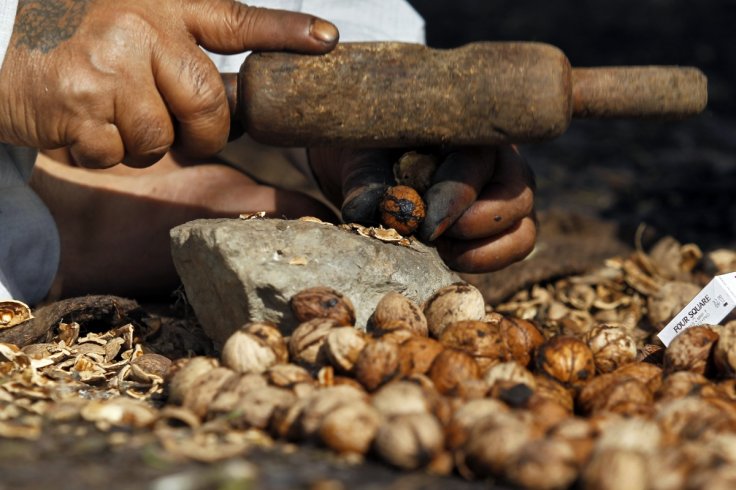
The heart wants what it wants, and now it wants walnuts. These nuts have long been used to increase brain function and past research has revealed that walnut has more calibre to keep the heart healthy.
As per a new study, eating walnuts may help lower blood pressure in people at risk for cardiovascular disease.
For the research, scientists studied the effects of replacing some of the saturated fats in participants' diets with walnuts. It was found that having a whole walnut daily with lower overall amounts of saturated fat, had lower central blood pressure.
Central pressure is the pressure that is exerted on organs like the heart. Walnuts contain alpha-linolenic acid (ALA) that may positively affect blood pressure. Penny Kris-Etherton, professor of nutrition at Penn State, said the study shows that walnuts lowered central pressure, helping reduce the participants' risk of cardiovascular disease (CVD).
The study observed 45 participants who were overweight or obese, between the ages of 30 and 65 who were placed on a "run-in" diet for two weeks before it began.
After the run-in diet, the participants were assigned to one of three study diets randomly. One diet incorporated whole walnuts. Another included the same amount of ALA and polyunsaturated fatty acids without walnuts. The third one partly substituted oleic acid (another fatty acid) for the same amount of ALA found in walnuts, without any walnuts.
All participants followed each diet for six weeks, with a break in between diet periods.
Following each diet period, researchers assessed systolic and diastolic blood pressure, brachial pressure, cholesterol, and arterial stiffness. It was found that all treatment diets had a positive effect on cardiovascular outcomes, the diet with whole walnuts provided the greatest benefits.
"When participants ate whole walnuts, they saw greater benefits than when they consumed a diet with a similar fatty acid profile as walnuts without eating the nut itself," Penny further explained, saying that there may be something "extra"-- it could be the bioactive compunds, the fibre or something else, which is not a fatty acid.
Alyssa Tindall, a new doctoral graduate in nutrition stated, "We wanted to see if ALA was the major contributor to these heart-healthy benefits, or if it was other bioactive component of walnuts, like polyphenols. We designed the study to test if these components had additive benefits."
This study was published in the Journal of the American Heart Association.









